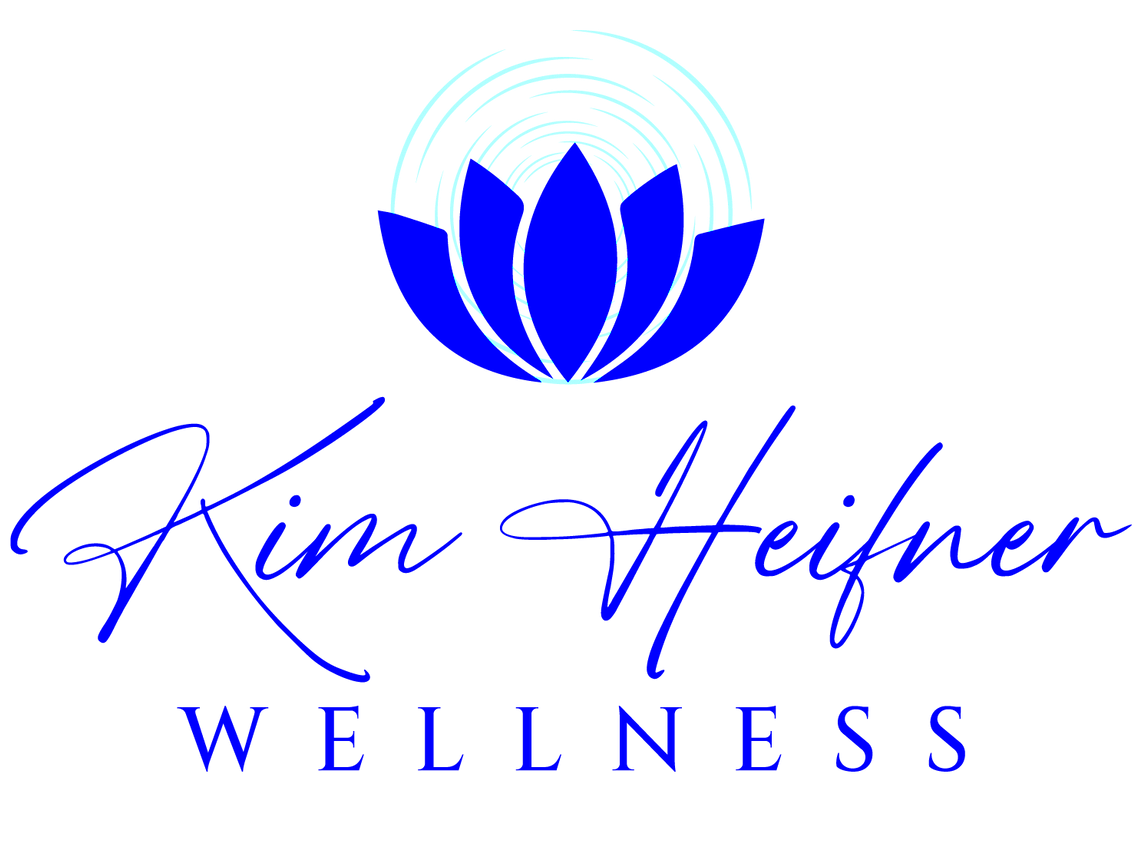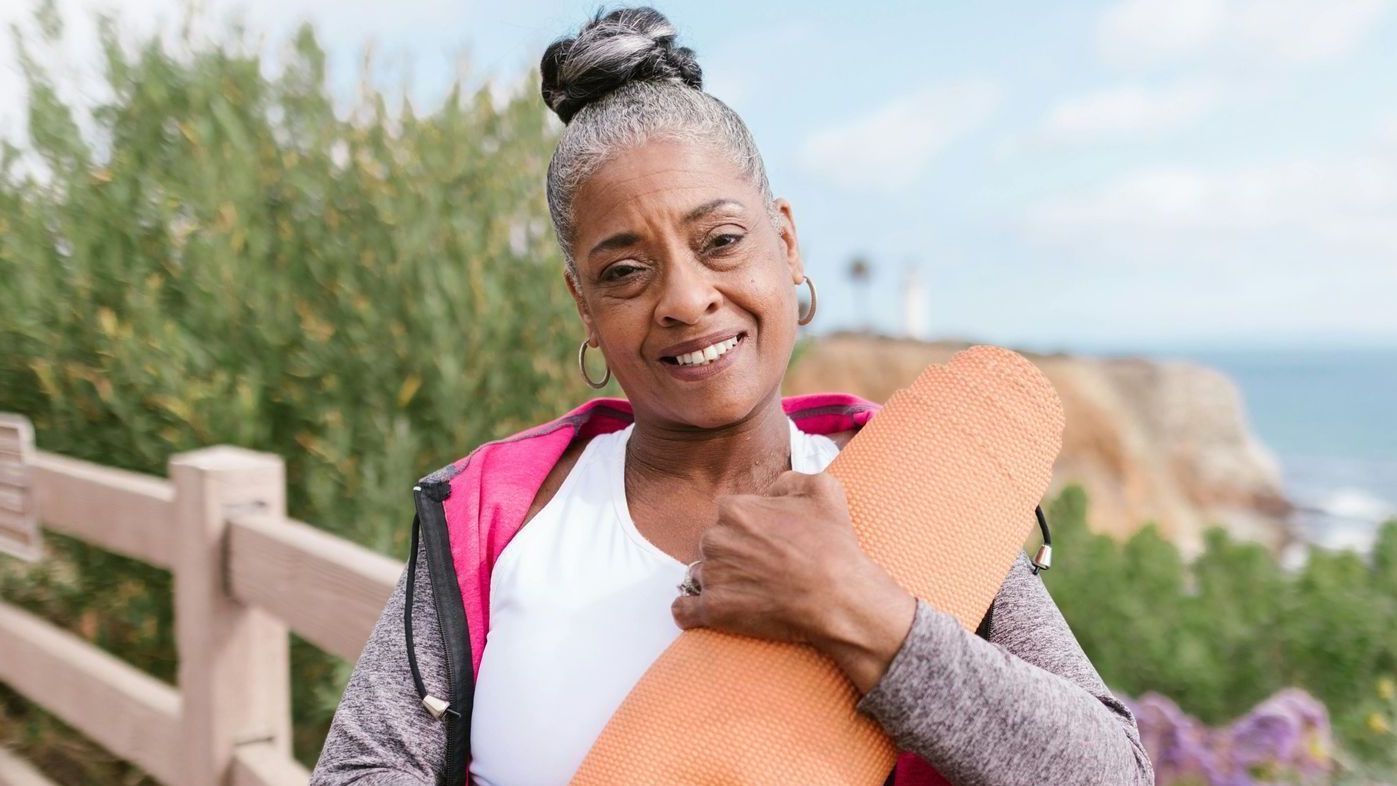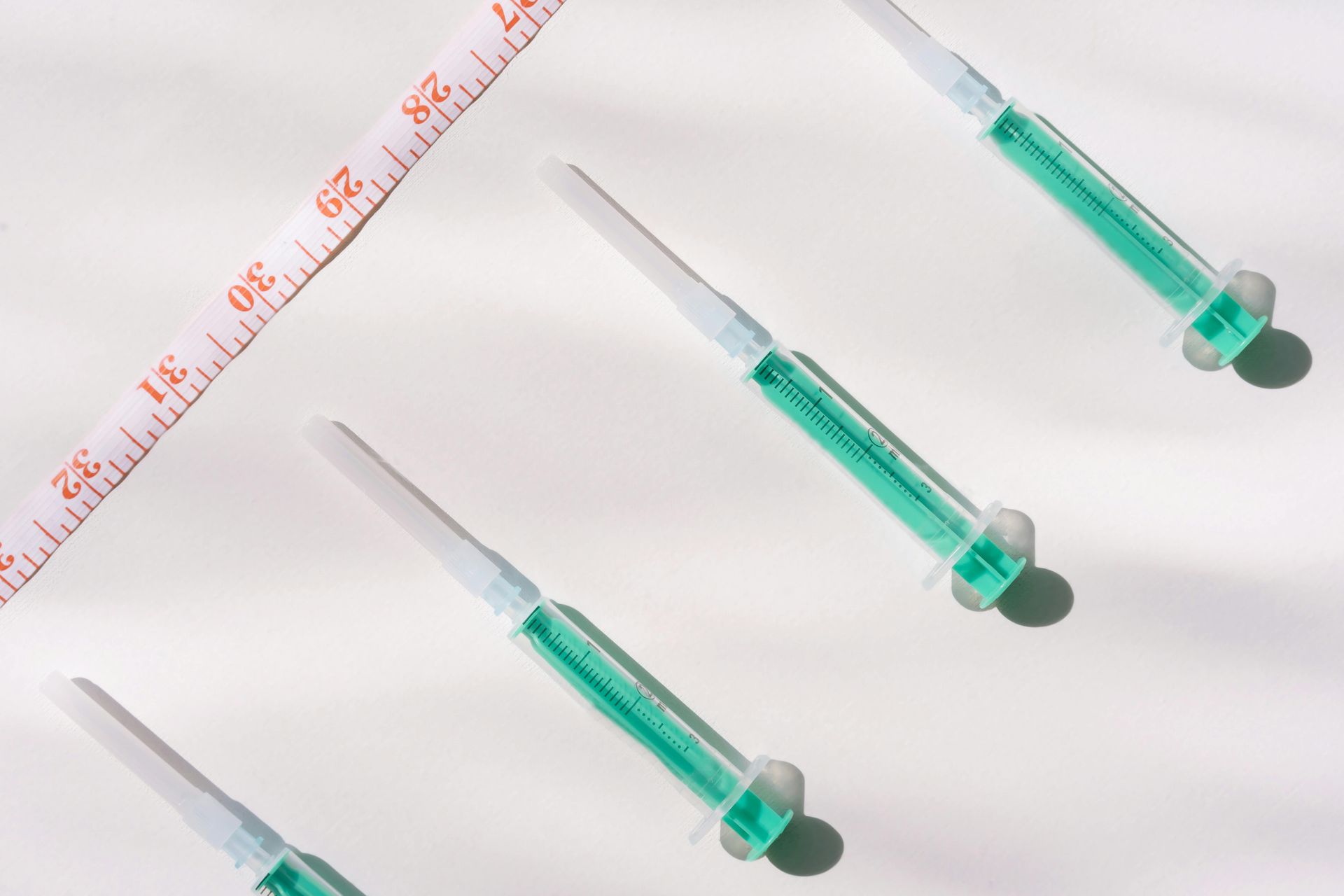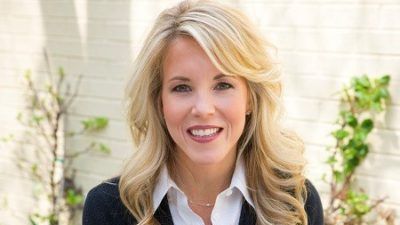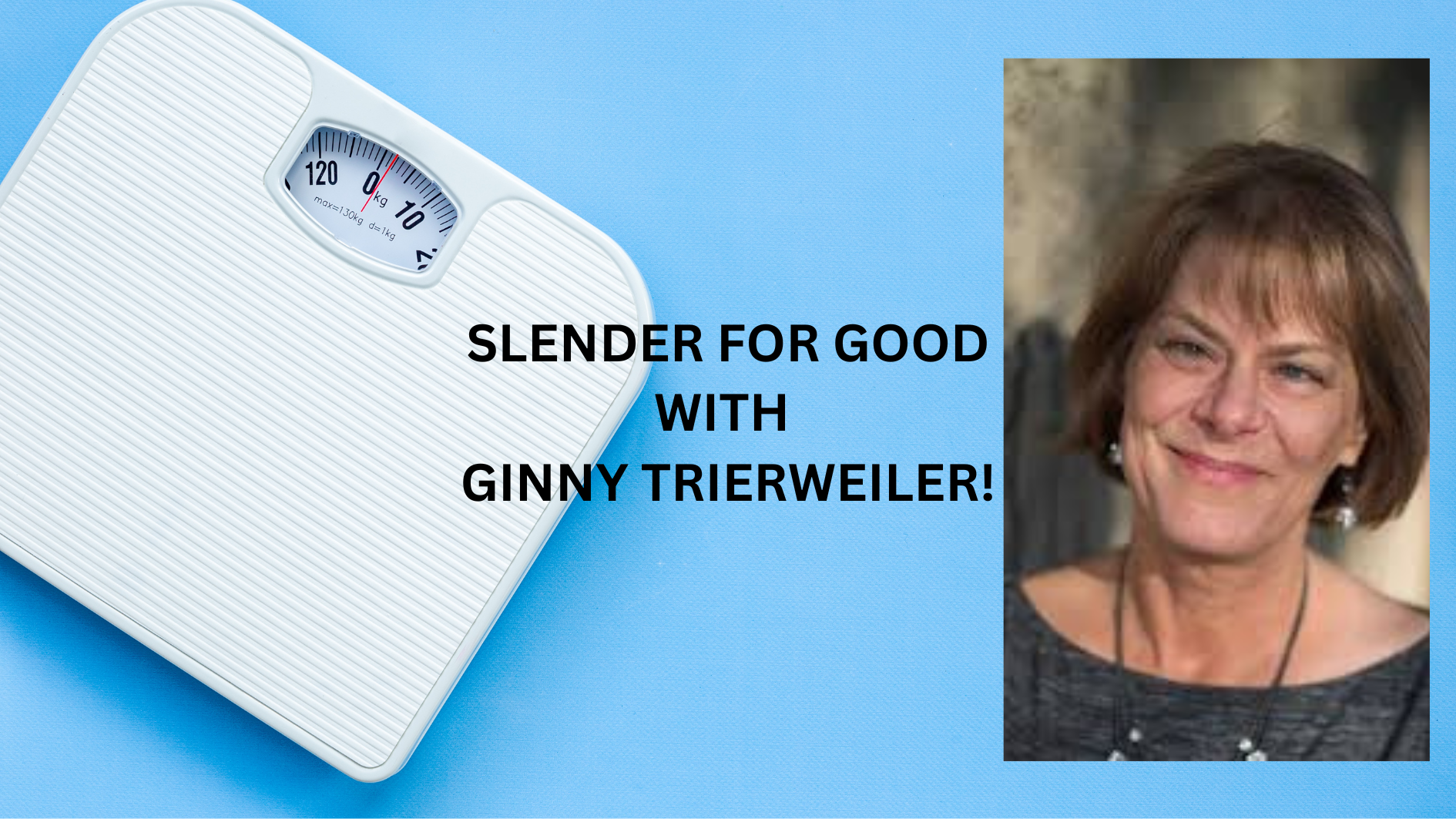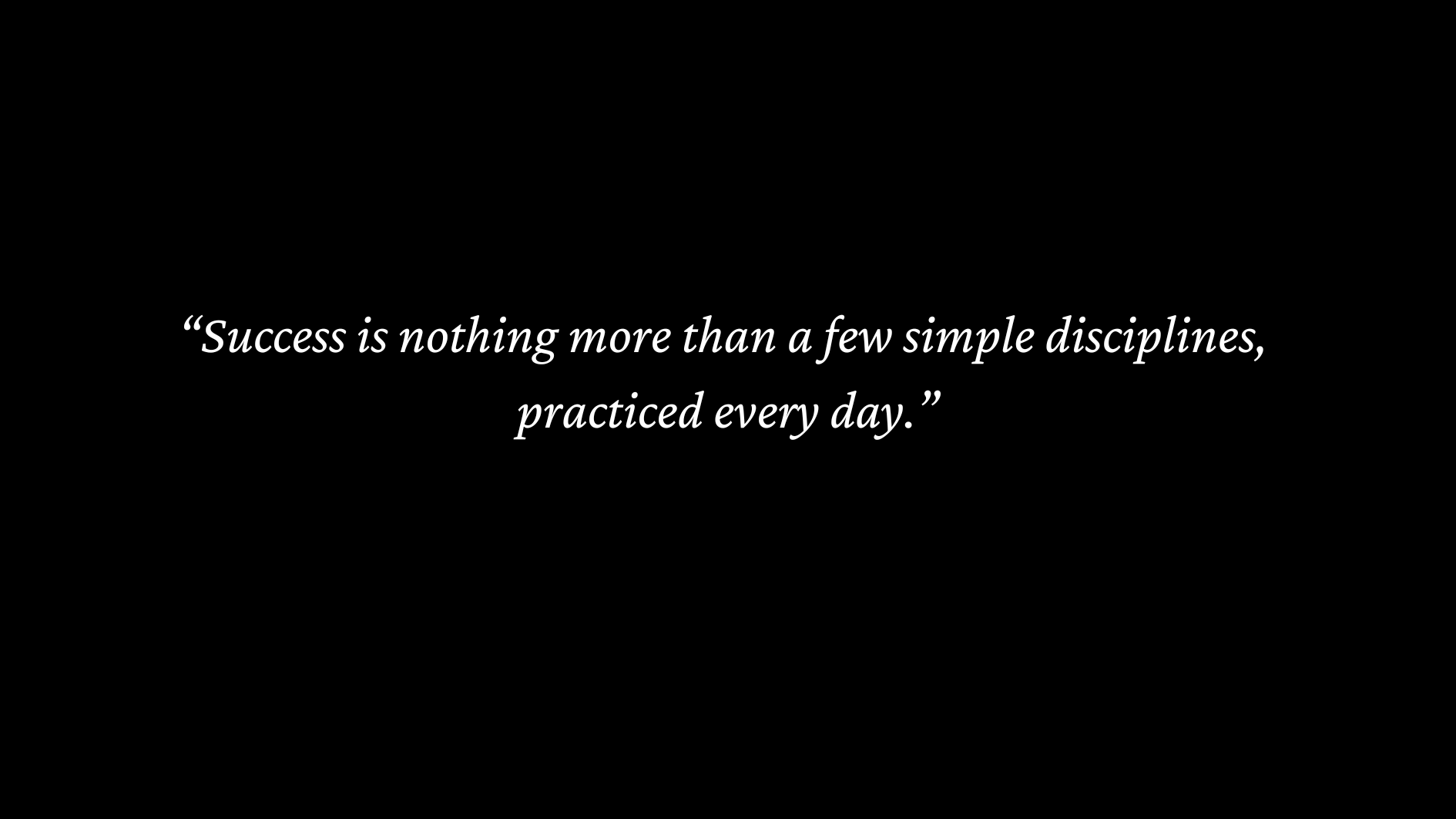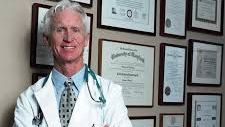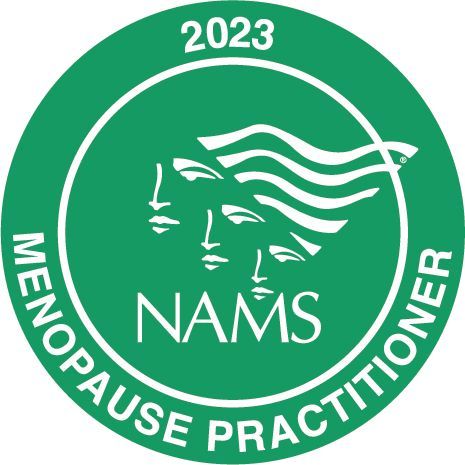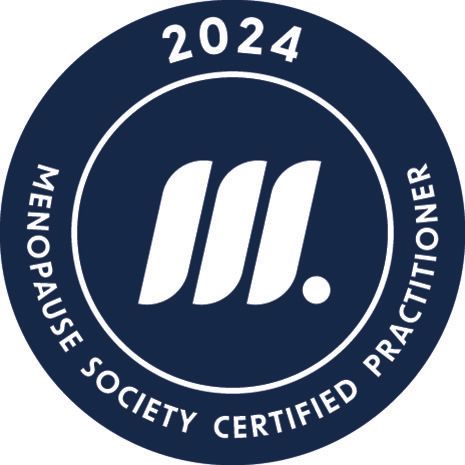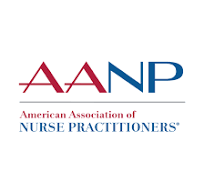The Truth About Breast Cancer:
Surprising Risk Factors and How to Protect Yourself!

Did you know that 1 in 8 women will develop breast cancer in their lifetime? This staggering statistic underscores the critical importance of understanding this disease and taking proactive steps towards prevention. I want to help you understand some lesser-known facts about breast cancer and provide evidence-based strategies to reduce your risk.
Breast Cancer Risk Factors: What You Can andCan't Control:
Non-Modifiable
Breast Cancer Risk Factors
- Age: Primary risk factor, especially after 50
- Genetics: BRCA1/BRCA2 mutations (5-10% of cases)
- Family History: Accounts for about 10% of cases
- Reproductive Factors:
- Early first period (before 12): 20% higher risk
- Late menopause (after 55): 30% increased risk
- Personal History: Previous breast cancer increases reoccurrence risk
- Breast Density: Denser breasts may increase risk and complicate detection. Newer imaging technologies can help improve cancer detection in dense breasts.
- Race/Ethnicity:
- Highest incidence: White women
- Highest mortality: Black women (40% more likely to die despite lower incidence)
- Addressing racial disparities is crucial for improving outcomes
Modifiable Risk Factors:
- Hormone therapy: Long-term use of combined estrogen-progestin therapy in postmenopausal women. (see below)
- Reproductive factors:
- Age at first pregnancy (having children before 35 may be protective)
- Number of pregnancies (multiple births may lower risk)
- Breastfeeding (longer duration associated with lower risk)
- Physical activity: Lack of regular exercise
- Alcohol consumption: Even moderate intake increases risk
- Obesity: Especially in postmenopausal women
- Smoking: Both active and passive smoking increase risk, especially in premenopausal women
- Night shift work is associated with higher breast cancer risk
- Vitamin D levels: Low levels may increase risk
- Dietary factors:
- Low intake of selenium and iodine
- High intake of red and processed meats
👉 The Problem: Breast Cancer in Busy Women
I want to draw attention to busy women and professionals juggling careers, families, and countless responsibilities (I can relate), because for these women, the risks can be even higher due to:
- Chronic stress
- Neglecting preventive care
- Poor dietary habits
- Lack of exercise
- Hormonal changes during menopause (lack of knowledge, education, and guidance regarding changes and risks)
But here's the good news: many of these factors are within our control! Let's explore some lesser-known modifiable risk factors and recent research that can empower you to take charge of your breast health:
“Take care of your body. It’s the only place you have to live.”
— Jim Rohn
Vitamin D and Breast Cancer: A Promising Connection
Recent studies have shed light on the potential role of vitamin D in breast cancer prevention:•
- A meta-analysis of 11 case-control studies found that women with vitamin D levels ≥30 ng/mL had a 39% lower risk of breast cancer compared to those with levels <20 ng/mL
- Another study showed that postmenopausal women with vitamin D levels ≥60 ng/mL had an 80% lower risk of breast cancer compared to those with levels <20 ng/mL.
• To achieve optimal levels, experts recommend:
- Daily supplementation of 1000 to 2000 IU vitamin D3
- Aim for blood levels of 25-hydroxyvitamin D between 50-80 ng/mL for optimal health
- 10-30 minutes of sunlight exposure several times a week, depending on skin tone and location
Selenium and Iodine: Overlooked Nutrients?
While more research is needed, preliminary studies suggest potential benefits:•
- Selenium acts as an antioxidant and may support the immune system. A meta-analysis found that higher selenium levels were associated with a 22% reduced risk of breast cancer.
- Iodine is crucial for breast tissue health and hormone balance. Animal studies have shown that iodine supplementation can suppress the development of mammary tumors.
Dietary sources to consider:
- Selenium: Brazil nuts, seafood, and whole grains
- Iodine: Seaweed, fish, and iodized salt
CoQ10: A Potential Ally in Breast Cancer Management
While more research is needed, Coenzyme Q10 (CoQ10) has shown promise in breast cancer research:
- A small study found that CoQ10 supplementation (100 mg daily) reduced tumor size in 6 out of 32 breast cancer patients
- Another study showed CoQ10 (300 mg daily) with other antioxidants improved quality of life during treatment
- May help reduce side effects of certain cancer treatments
- Potentially offer protective effects against breast cancer
- CoQ10 can be found in fatty fish, organ meats, and whole grains. If supplementation is recommended by your healthcare provider, the dose typically ranges 100 mg to 300 mg daily in divided doses.
👉 Supplementation of nutrients like vitamin D, iodine, selenium, and CoQ10 can be tailored to your individual needs by measuring blood levels and adjusting dosage accordingly, ensuring optimal levels are maintained without risking toxicity or deficiency. As with any new supplement, it is best to check with your provider before starting it.
The Role of Insulin and Breast Cancer
Insulin can stimulate the growth of some breast cancer cells and may promote tumor development. Therefore, high insulin levels may increase breast cancer cancer risk:
- Women with type 2 diabetes have a 20-27% higher risk of breast cancer
- Postmenopausal risk: The link between high insulin levels and breast cancer risk is particularly strong in postmenopausal women. Declining estrogen levels can lead to increased insulin levels, so keeping an eye on insulin levels is important.
- Insulin resistance: Women with insulin resistance have a higher risk of developing breast cancer. This condition often precedes type 2 diabetes.
- Prognosis: Elevated insulin levels at breast cancer diagnosis are associated with a poorer prognosis.
Breast density, inflammation, and breast cancer risk are interconnected factors that also play important roles in breast cancer development and progression. Let's dive in to this one a bit.
Breast Density and Inflammation🔥
- Dense breast tissue is thought to be associated with a local inflammatory microenvironment that is characterized by increased levels of pro-inflammatory cytokines and immune cells.
- This microinflammatory environment may contribute to breast cancer development and progression.
Inflammation 🔥 and breast cancer are closely connected
- Chronic inflammation in breast tissue may increase cancer risk, especially for women with dense breasts.
- C-reactive protein (CRP), a marker of inflammation, is linked to higher breast cancer risk in postmenopausal women.
- High CRP levels at diagnosis may indicate a more aggressive cancer and poorer outlook
What This Means for You
- Lifestyle matters: Anti-inflammatory habits like a healthy diet and regular exercise may help reduce your risk.🍎
- Know your density: Discuss your breast density with your provider, as it affects both cancer risk and inflammation. There are different levels of breast density on mammogram, so your provider can discuss your risks and need for additional imaging. The key is to be aware of the connection between inflammation and breast density.
- Blood tests: CRP levels might be used to assess your risk or prognosis. This is a simple blood test, so ask your provider if it's right for you.
- Personalized care: If you're diagnosed, your CRP levels might influence treatment decisions, especially for certain cancer types.
Obesity and Breast Cancer
Maintaining a healthy weight is crucial for reducing breast cancer risk, especially after menopause. Recent research provides compelling evidence:
- Weight loss matters: Women who lose weight after 50 and keep it off have a lower breast cancer risk compared to those with stable weight.
- Even small changes help! Losing just 4-10 pounds can lower risk by 13%, while losing 20+ pounds can reduce risk by 26%.
- It's never too late because even modest weight loss (5%) after menopause could lower breast cancer odds by about 12%.
- Postmenopausal risk: Overweight or obese postmenopausal women have a 20-40% higher breast cancer risk compared to those at a healthy weight due to higher estrogen levels as a result of the production of aromatase, an enzyme that promotes estrogen production.
- Premenopausal differences: Interestingly, overweight premenopausal women have a slightly lower risk compared to those at a healthy weight.🤔
Menopause and Breast Cancer Risk
The transition to menopause impacts breast cancer risk:
- Lifetime estrogen exposure is linked to breast cancer risk. As mentioned, a period before age 12 and late menopause after age 55 both increase lifetime estrogen exposure.
- Postmenopausal women have a higher risk compared to premenopausal women of the same age
- Each year delay in the onset of menopause is associated with a 3% increase in risk
- Factors influencing menopausal breast cancer risk include hormonal changes and weight gain
I will cover helpful breast cancer prevention strategies at the end, but here are a few specific ones to manage estrogen-related risk:
- Maintain a healthy weight: Postmenopausal obesity increases risk by 20-40%
- Support healthy estrogen metabolism through diet and lifestyle choices, like minimizing alcohol intake
- Cruciferous vegetables and increasing daily fiber intake to 25+ grams may help promote beneficial estrogen metabolism
Hormone Therapy and
Breast
Cancer: Clarifying Common Concerns
Does hormone therapy (HT) cause breast cancer?
- The relationship between HT and breast cancer is complex. While long-term use of combined estrogen-progestin therapy in postmenopausal women is associated with a small increased risk, estrogen-only therapy does not appear to increase breast cancer risk, especially when used short-term.
Can women with BRCA mutations use hormone therapy?
- Contrary to common belief, BRCA gene mutations are not a contraindication for hormone therapy. Women with BRCA mutations who have undergone risk-reducing surgery (oophorectomy) may benefit from HT to manage menopausal symptoms without significantly increasing their breast cancer risk.
Are bioidentical hormones safer than traditional HT?
- There's no evidence that bioidentical hormones are safer or more effective than traditional FDA-approved hormone therapies. They carry similar risks and should be used with the same cautions. Some studies suggest that bioidentical hormones, which are similar to the hormones our bodies make naturally, might be a bit safer than synthetic hormones. These bioidentical hormones, especially when using estradiol with micronized progesterone, might have a lower risk of breast cancer. However, we don't know for sure if they're actually safer. The WHI studies that found risks with hormone therapy mostly looked at synthetic hormones, not bioidentical ones. So, we can't say for certain that bioidentical hormones are safer. Both types of hormones have risks, so it's important to be careful with either one. Your provider can help you choose what's best for you based on your personal health needs and risks. They'll also keep an eye on how you're doing if you decide to use hormone therapy.
How long is it safe to use HT?
- The duration of HT should be individualized based on a woman's symptoms, risk factors, and personal preferences. For many women, short-term use (less than 5 years) for management of menopausal symptoms carries minimal risk. Also, the Menopause Society no longer puts a limit on how long HT can be used as long as the benefits continue to outweigh the risks for the woman.
👉 Key Takeaway: The Menopause Society emphasizes that for most healthy women under 60 or within 10 years of menopause, the benefits of HT for managing menopausal symptoms and improving quality of life for women often outweigh the risks. However, decisions should be individualized based on each woman's health profile and preferences.
Hormone Therapy After
Breast Cancer:
General Recommendation:
- HT is typically not recommended for breast cancer survivors due to potential increased risk of recurrence. However, current evidence suggests that HT does not significantly increase the risk of breast cancer recurrence in survivors, particularly when used for a short duration to manage severe menopausal symptoms.
Individual Assessment: The decision to use HT should be made on a case-by-case basis, considering:
- Severity of menopausal symptoms
- Failure of non-hormonal treatments
- Type of breast cancer (hormone-receptor status)
- Time since diagnosis and remission
- Overall health and quality of life impact
Oncologist Consultation: Any decision to use HT must be made in close consultation with an oncologist.
Special Cases:
- Women who have undergone preventive mastectomy may generally use HT more safely due to significantly reduced breast cancer risk.
- For women with only a family history of breast cancer (no personal history), HT may be considered if benefits outweigh risks.
- Low-dose vaginal estrogen can typically be used safely by most breast cancer survivors. The systemic absorption is minimal, and the benefits often outweigh the risks for improving quality of life.
Alternative Approaches: Non-hormonal treatments should be exhausted before considering HT.
Ongoing Monitoring: If HT is used, close monitoring is essential, with regular reassessment of risks and benefits.
👉 Key Takeaway: While generally not recommended, HT use after breast cancer is not an absolute "never." The decision requires careful consideration of individual circumstances, thorough discussion with an oncologist, and ongoing evaluation of risks versus benefits.
Empower yourself with these evidence-based approaches:
- Increase fiber intake: Women who consumed the most fiber had an 8% lower risk of breast cancer
- Embrace more anti-inflammatory, plant-based foods that are rich in fruits, fruits, vegetables, and omega-3 fatty acids: Associated with a 14% lower risk of breast cancer. A Mediterranean-style diet also rich in fruits, vegetables, fish, and olive oil may lower risk.🍐
- Limit or avoid alcohol: Even one drink per day increases breast cancer risk by 7-10%
- Maintain a consistent sleep schedule: Night shift work is associated with higher breast cancer risk, possibly due to disruption of melatonin production
- Engage in regular physical activity: 150 minutes of moderate-intensity exercise per week can reduce risk
- Manage stress through relaxation techniques and adequate sleep
- Consider vitamin D supplementation and ensure adequate intake of selenium, iodine, and CoQ10
- Monitor insulin levels and blood sugar, especially if you have a family history of diabetes. Resistance training at least 3x week helpful!
- Maintain a healthy weight through balanced nutrition and regular exercise, and seek help if experiencing obstacles to weight loss
- Follow recommended screening guidelines based on your personal risk factors
- Stay informed about your family history and consider genetic testing if appropriate
Dispelling
Breast Cancer Myths
Let's debunk some common misconceptions:
1. Myth: Finding a lump always means breast cancer
Truth: Most breast lumps are benign. Only about 20% of biopsied breast lumps are cancerous.
2. Myth: Underwire bras cause breast cancer
Truth: There's no scientific evidence linking underwire bras to breast cancer risk.
3. Myth: Antiperspirants and deodorants cause breast cancer
Truth: No conclusive evidence supports this claim.
4. Myth: A family history of breast cancer means you'll definitely develop it
Truth: While family history increases risk, most women who develop breast cancer have no family history of the disease.
5. Myth: Breast cancer only affects older women
Truth: About 11% of all new cases in the U.S. are found in women younger than 45.
7. Myth: Mammograms can cause breast cancer to spread
Truth: Mammograms use very low doses of radiation and cannot cause cancer to spread.
In Conclusion
I know we've covered a lot of ground, from new research and important risk factors to dispelling common myths about breast cancer. For busy women juggling countless responsibilities, staying on top of breast health can be challenging, but it's crucial. Remember, having risk factors doesn't guarantee you'll develop breast cancer, just as their absence doesn't ensure you won't. While the strategies we've explored can significantly reduce your risk, they don't guarantee prevention. The most important steps you can take are to have open, honest conversations with your healthcare provider about your personal risks, maintain regular check-ups and screenings, and commit to a healthy lifestyle.
Understanding these complex factors empowers YOU to take control of YOUR health! Even small changes can make a big difference. Stay informed, be proactive, and prioritize your breast health – because you deserve it. Your journey to optimal health starts with you, and every positive choice you make matters!
If you're navigating the complexities of menopause and seeking guidance on managing your health, reach out to me today. As a menopause specialist, I'm here to help you confidently navigate this journey and take control of your well-being!
I look forward to meeting you!
In health,
Kim Heifner, FNP-C, MSCP
